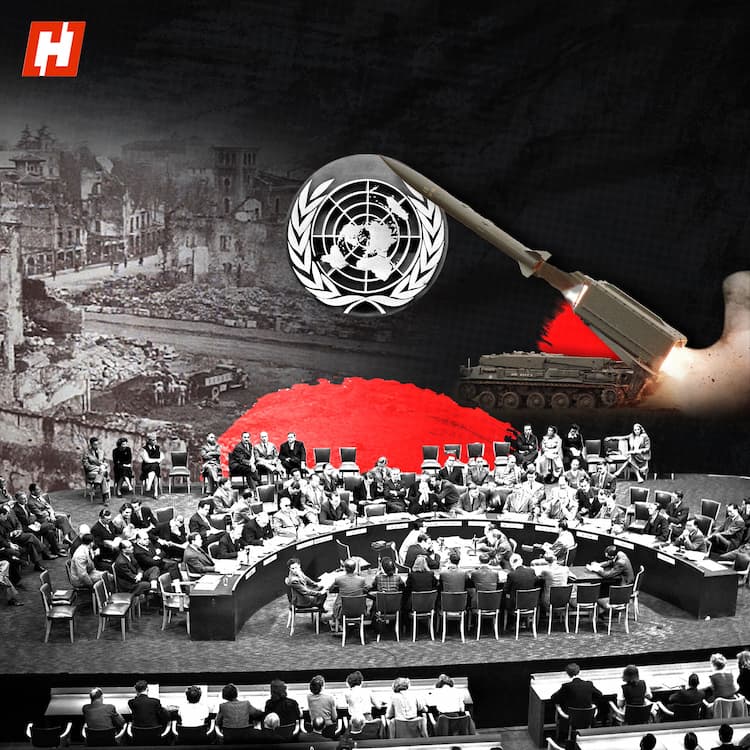The United Nations Security Council on Monday began negotiations on a French-drafted resolution to extend its peace-keeping force - the UN Interim Force in Lebanon’s (UNIFIL) mission. More importantly, it will also begin work towards the eventual withdrawal of UNIFIL - a key demand of the Trump administration.
For nearly 5 decades, UNIFIL has sought to bring some semblance of order to the chaos that is South Lebanon.
For context - the UNIFIL was established in 1978 and patrols Lebanon’s southern border with Israel. The original mandate was to confirm Israeli withdrawal from Lebanon and assist the Lebanese Government in restoring its effective authority in the area.
That mandate was expanded in 2006, after the month-long war between Israel and Hezbollah, to allow peacekeepers to help the Lebanese army keep parts of the south free of weapons or armed personnel other than those of the Lebanese state, among other things. In other words, keep the Iran-backed militant group Hezbollah in check.
This enhanced mandate is renewed annually, and its current authorisation expires on August 31. But, a renewal of the mandate this year requires the buy-in of US President Donald Trump. That too at a time when he has promised to cut costs and end US participation in all conflicts abroad.
Trump regards UNIFIL as an ineffectual waste of American money and wants to shut down the operation as soon as possible. Furthermore, Trump 2.0 believes UNIFIL is merely delaying the goal of eliminating Hezbollah’s influence and restoring full security control to the Lebanese Armed Forces.
The US’ European allies - such as France, Britain and Italy, though, disagree.
The Europeans firmly believe that prematurely shutting down UNIFIL before the Lebanese army is able to fully secure the border area would create a vacuum that the heavily armed Hezbollah could easily exploit.
Hezbollah and its supporters have frequently accused the UN mission of collusion with Israel. Israel, in turn, has accused the peacekeepers of turning a blind eye to Hezbollah’s military activities.
Earlier in August, the Lebanese government approved a US-Israeli-backed disarmament plan of Hezbollah. The move led to the group’s chief, Naim Qassem, issuing warnings of a “civil war and internal strife”.
French officials cited Mali as a stark reminder of what can happen if troops are pulled out prematurely. For the uninitiated - Mali saw Islamic extremists gain control after a UN peacekeeping mission was terminated before government troops were ready to deal with subsequent security threats.





